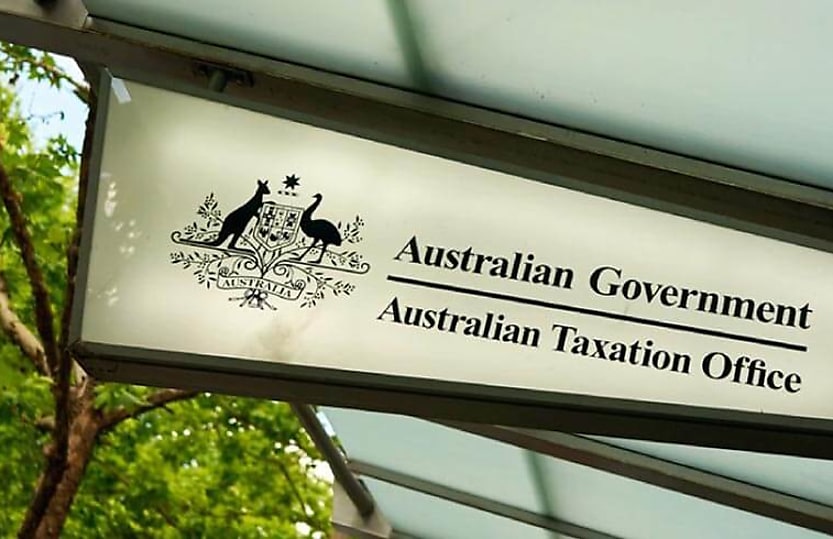Government ramps up use of e-invoicing to drive up productivity

The Australian government is expanding its use of e-invoicing software Peppol and urging businesses to similarly increase their adoption.
The government is further ramping up its uptake of e-invoicing software to boost productivity, improve cash flow and disrupt payment redirection scams across government agencies, according to the ATO.
“For these and other benefits to be realised, governments across the country need to use eInvoicing and encourage the businesses they interact with to use it too,” the ATO said in a statement.
Peppol is an e-procurement framework developed and maintained by an international nonprofit and is used in Europe, North America and Asia-Pacific.
As of January 2025, 129 Australian government entities used Peppol, and 410,000 businesses were registered on the Peppol network.
The government’s adoption of e-invoicing followed a 2020 review which found that policies implemented to encourage large businesses to improve their payment times to small businesses had not been effective.
The review recommended that the government increase the uptake of e-invoicing in Australia to make payments more efficient and transparent.
The Peppol initiative is slated to reduce the regulatory burden of reporting and simplify payment processes to ensure small businesses get paid on time, without imposing explicit mandates on businesses.
The government has also discussed its intention to better support small businesses by using e-invoicing in its own operations, ensuring timely payments.
“The main role for the government is as a buyer of goods and services and supporting businesses by paying eInvoices more quickly,” the ATO added in relation to its support of small businesses.
The ATO told government agencies that if they’re able to receive e-invoicing but it is not yet fully integrated within their finance or enterprise resource planning system and automated workflows, they should consider improving their accounts payable capability.
Agencies should also include e-invoicing in their procurement and contract templates as the preferred way to receive invoices, it added.
The Tax Office said government agencies should also consider their accounts receivable volumes and processes and investigate how they may embed e-invoicing as their default channel when sending invoices to businesses or other government agencies.
About the author

